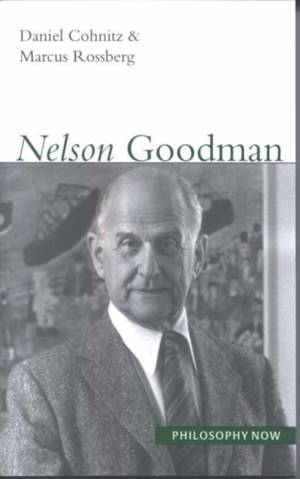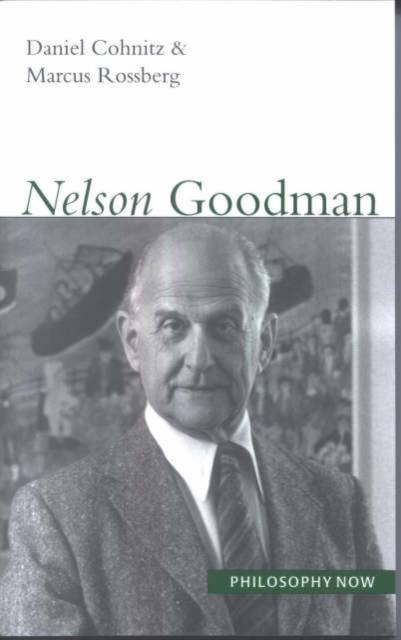
- Afhalen na 1 uur in een winkel met voorraad
- Gratis thuislevering in België vanaf € 30
- Ruim aanbod met 7 miljoen producten
- Afhalen na 1 uur in een winkel met voorraad
- Gratis thuislevering in België vanaf € 30
- Ruim aanbod met 7 miljoen producten
Zoeken
€ 44,95
+ 89 punten
Uitvoering
Omschrijving
Nelson Goodman's distinctive contributions to such diverse areas of philosophy as epistemology, metaphysics, semiotics, logic, philosophy of language, science, and art, and his engagement with the work of Rudolf Carnap and other prominent figures in the analytic tradition, places him at the forefront of the history and development of Anglo-American philosophy in the twentieth century. Although recently the significance of Goodman's work has not been sufficiently appreciated, Daniel Cohnitz and Marcus Rossberg show that much of it is of relevance for contemporary philosophy. This book, the first comprehensive introduction to Goodman's philosophy, examines and assesses his contribution. The book begins with Goodman's New Riddle of Induction, the so-called "Grue"-paradox, which exemplifies his way of dealing with philosophical problems, and thus provides an introduction to Goodman's thought. It then covers his central work, The Structure of Appearance, as well as his philosophy of art, philosophy of language, his conventionalism, constructionalism and relativism. The technical apparatus that is required to understand Goodman's work, in particular his mereology and theory of symbols, is introduced in an accessible manner in the course of the book. The final chapter locates Goodman's position in contemporary debates and discusses recent criticisms.
Specificaties
Betrokkenen
- Auteur(s):
- Uitgeverij:
Inhoud
- Aantal bladzijden:
- 296
- Taal:
- Engels
- Reeks:
Eigenschappen
- Productcode (EAN):
- 9781844650378
- Verschijningsdatum:
- 17/02/2006
- Uitvoering:
- Paperback
- Formaat:
- Trade paperback (VS)
- Afmetingen:
- 138 mm x 216 mm
- Gewicht:
- 452 g

Alleen bij Standaard Boekhandel
+ 89 punten op je klantenkaart van Standaard Boekhandel
Beoordelingen
We publiceren alleen reviews die voldoen aan de voorwaarden voor reviews. Bekijk onze voorwaarden voor reviews.











